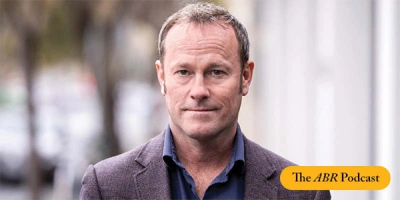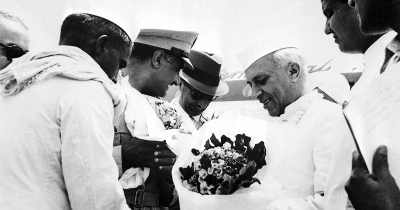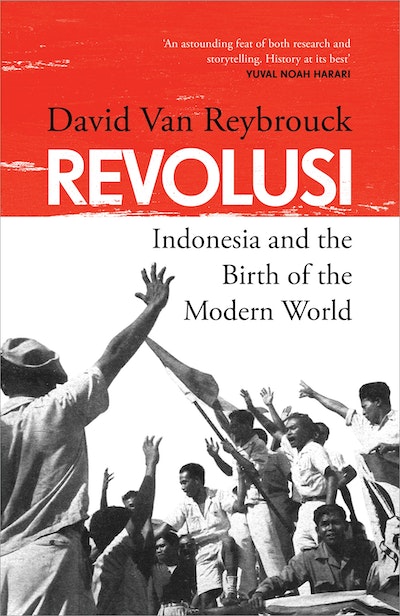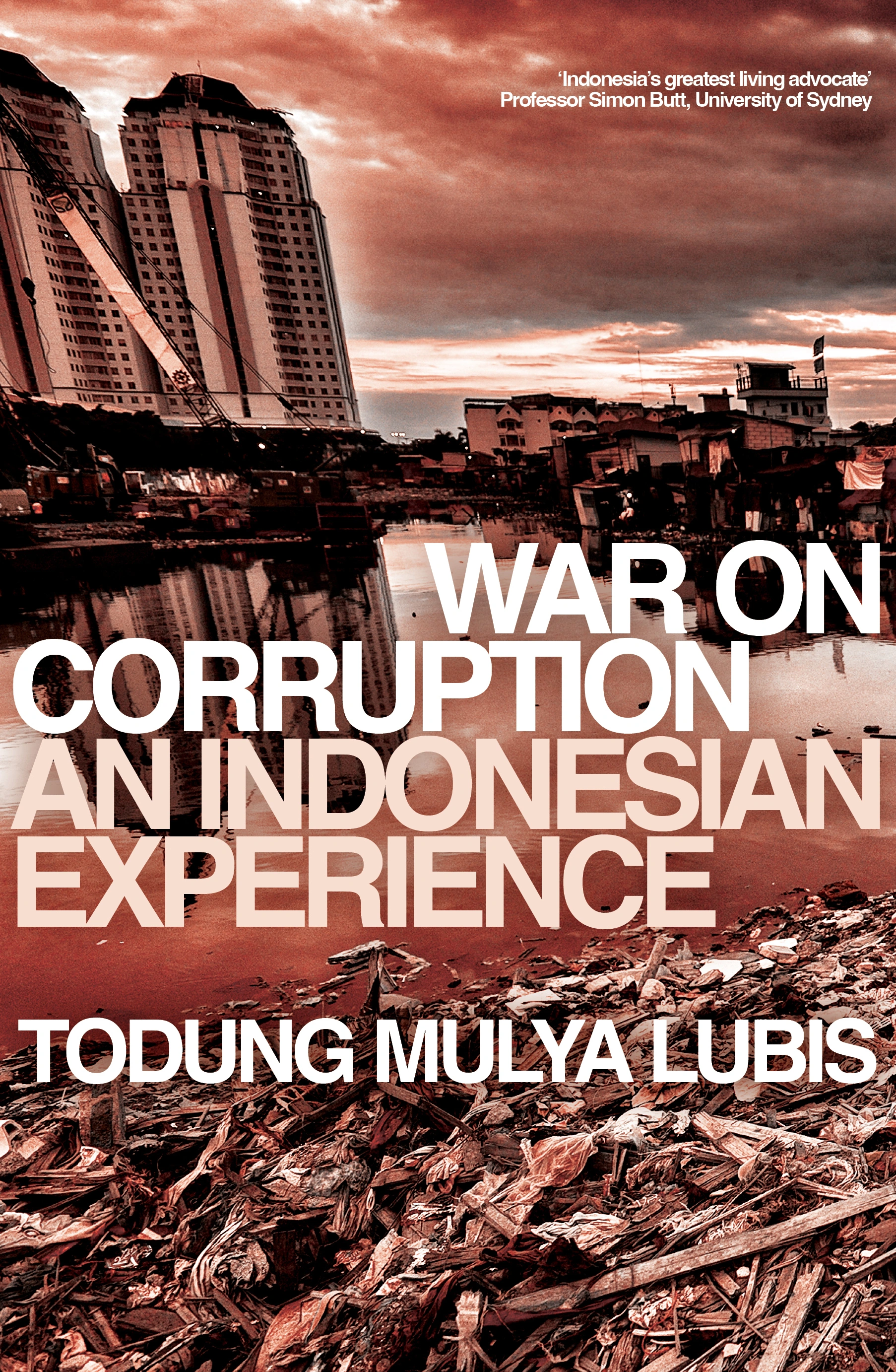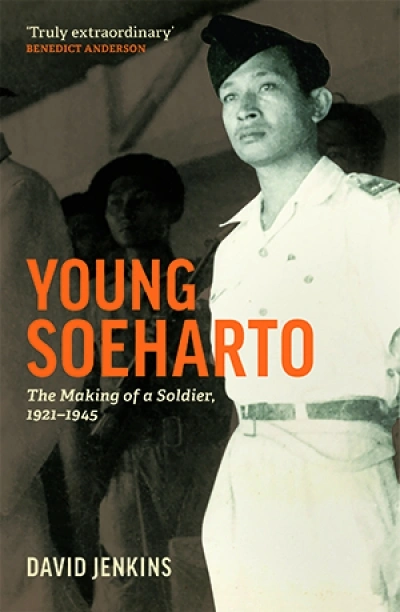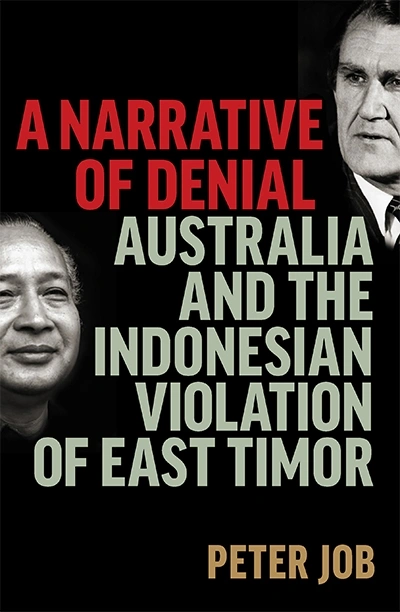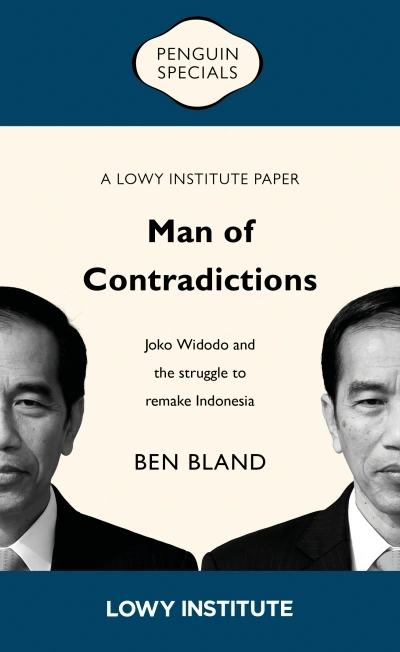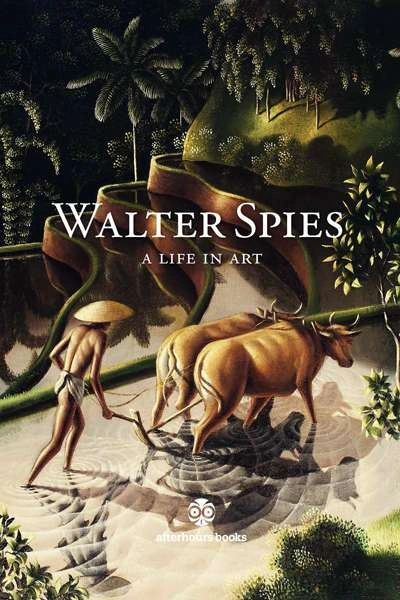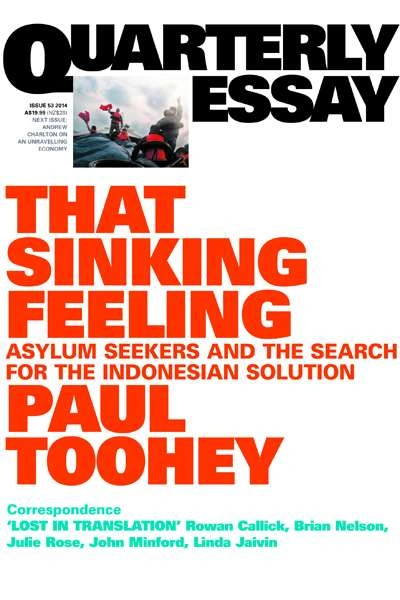Indonesia
This week on The ABR Podcast we feature Tara Sharman’s short story ‘Shelling’, which won the 2025 Elizabeth Jolley Short Story Prize. In ‘Shelling’, we meet a woman in flight, driving with the corpse of her dead father stowed in the boot of her car.
... (read more)The seventieth anniversary of the 1955 Asian-African Conference held in the city of Bandung, West Java, Indonesia, passed earlier this year without evident note in Australia. In Asia and Africa, it was the subject of commemorative conferences and gatherings, impassioned speeches and articles. In Bandung itself, a ‘Global History and Politics Dialogue’ heard from Indonesia’s Deputy Foreign Minister and numerous other serving and past parliamentary leaders that the Bandung Spirit is ‘ever more relevant today’. In India, the prominent economist C.P. Chandrasekhar said that ‘seventy years after Bandung, the Global South is still waiting for independence’ and the Bandung Spirit must be revived. For the Global Times of China, what we make of the historical ‘inheritance’ of Bandung is ‘a matter of practical choices’.
... (read more)Revolusi: Indonesia and the birth of the modern world by David Van Reybrouck, translated from the Dutch by David Colmer and David McKay
In 1906 and 1908, on the island of Bali, thousands of people dressed in ceremonial Hindu attire walked towards Dutch gunfire in acts of mass suicide known as puputan. These were not the first events of mass violence by the Dutch against the indigenous people of what we now call Indonesia – nor the last. In 1621, the native inhabitants of the Banda Islands were slaughtered en masse to secure Dutch access to nutmeg; it was the starting point for Amitav Ghosh’s brilliant non-fiction work The Nutmeg’s Curse (2021). The only Bandanese who survived were enslaved. During the so-called Dutch Golden Age of the 1600s, Batavia (now Jakarta) was home to 27,000 people – half of whom were enslaved. In 1740, the Dutch massacred almost all ethnic Chinese residents of Batavia, establishing what would become a dark history of anti-Chinese violence in the archipelago.
... (read more)This week on the ABR Podcast we tell the story behind Indonesia’s twentieth-century literary masterpiece, the Buru Quartet, a set of novels that began life in a jail cell. The Buru novels were written by Indonesian author Pramoedya Ananta Toer, widely considered a potential winner of the Nobel Prize. Nathan Hollier, publisher at Australian National University Press, explains why the Buru novels hold special significance for Australia, even though, as he writes ‘few Australians have heard of them’. Listen to Nathan Hollier’s ‘”At least I’ve told these stories to you”: Pramoedya Ananta Toer and the Buru Quartet’, published in the March issue of ABR.
... (read more)War on Corruption: An Indonesian experience by Todung Mulya Lubis
If the Australian government had banned books about Indonesia, it could hardly have been more successful in removing them from bookshops and library shelves than is presently the case. Even when such books appear in catalogues, retailers seem convinced that the public is not interested.
... (read more)Young Soeharto: The making of a soldier, 1921–1945 by David Jenkins
At last we have it – the much-anticipated first volume of the definitive biography of President Soeharto (1921–2008). It is the culminating work in the distinguished career of Australian journalist David Jenkins. This startling volume, covering the years 1921–45, will appeal to the general reader and the Indonesia specialist. It has been described as ‘truly extraordinary’ by the late Benedict Anderson, the prominent Indonesia scholar.
... (read more)A Narrative of Denial: Australia and the Indonesian violation of East Timor by Peter Job
Peter Job, a former East Timor activist, has written a careful, dispassionate account of the stance of Gough Whitlam’s and Malcolm Fraser’s successive governments in relation to Portuguese East Timor. He has consulted a commendably wide range of oral and written sources, interviewing, for example, several retired senior Australian officials formerly engaged in the design and implementation of Timor policy. His story ends in 1983, with Bob Hawke’s election to office. Job should be encouraged to complete his account in the future to acquaint readers with developments up to at least the UN intervention in 1999 that gave Australian diplomacy a new role.
... (read more)Ben Bland, a Financial Times correspondent in Indonesia in 2012–15 and currently director of the Southeast Asia Program at the Lowy Institute, had a ringside seat to watch the rise of Indonesia’s President Joko Widodo (also known as Jokowi). By his own account, Bland has met him more than a dozen times. Jokowi was a furniture-maker and -exporter, mayor of Solo, and governor of Jakarta before being elected president in 2014. Bland has written a good introduction to the Jokowi era that will appeal to the general reader but may leave the serious student of Indonesia unsatisfied.
... (read more)Walter Spies by John Stowell & Brown Boys and Rice Queens by Eng-Beng Lim
‘Spellbinding’ is an apt word to sum up the effects created by Russian-born German artist Walter Spies in his phantasmagoric, darkly glowing landscapes and figure paintings, particularly those that he fashioned when living in Java and Bali between 1923 and 1941. Tropical luxuriance has other superlative renderers in art – Gauguin, ‘Le Douanier’ Rousseau, Donald Friend – but none of their works has the eerie, mesmeric intensity of Spies’s. He deserves a full retrospective exhibition at that temple of early twentieth-century German art, the Neue Galerie, in New York (the last show of his work was in Holland back in 1980), but for the moment we can feast our eyes on the sumptuous illustrations in John Stowell’s biographical study of the artist – the first study in English of such substance, and a long-evolving project by an Australian scholar based at the University of Newcastle.
... (read more)That Sinking Feeling: Asylum Seekers and the search for the Indonesian Solution (Quarterly Essay 53) by Paul Toohey
Do the ends always justify the means? And if the boats really have stopped coming, should we see the death of Reza Berati and the suffering of thousands as the collateral damage of a successful policy?
Paul Toohey’s panoramic sweep of this human, ethical, and political terrain begins with a visit to Cisarua, a small resort town in the mountains south of Jakarta that has become a major centre for people seeking asylum in Australia. Some are awaiting the outcome of formal applications for refugee status. Others are preparing to risk a boat. It is July 2013, two months before the federal election. Toohey spends time getting to know people, listening to tales of their journeys and, later in the essay, talking to survivors plucked from the ocean after a boat is lost at sea. If for no other reason, Toohey’s essay should be read for this; as a powerful, necessary reminder that ‘asylum seekers’ have stories, loves, fears, names, and faces.
... (read more)

